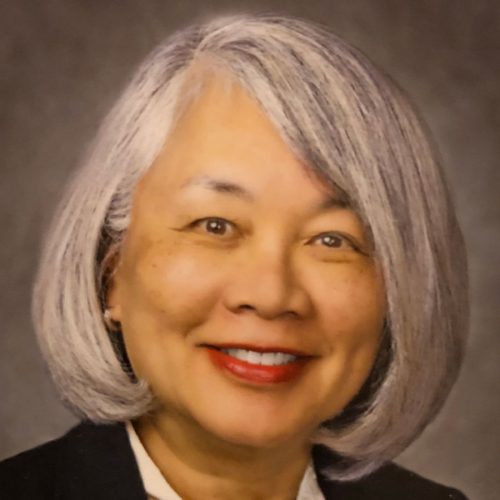Cerena Wong ’72: Pioneering judge
When California’s governor appointed Cerena Wong ’72 to the bench in 1985, she felt pressure to perform, though not because she was the state’s first woman of color to serve as a judge.

“I did not feel pressure because I was a woman or minority. I felt pressure because the job was hard and challenging,” she said.
Wong had worked as a deputy district attorney for nearly a decade—becoming the first woman to prosecute a death penalty case in Sonoma County—when she was encouraged to apply for a judgeship and was appointed. And that is when Wong faced one of the biggest challenges of her life.
Her term was short, after which she was up for election. A local lawyer looked at the slate of judges up for election and told the media Wong was the most vulnerable for defeat.
“I had to hit the ground running, literally running. I had to be introduced to politicians and get their endorsement. I had to raise money. I had to brag about myself. I walked neighborhoods. It was a humbling, challenging thing to do,” she said. “I thought being female and Asian would be seen as a bad thing. Instead, it was my age—35! They thought I was too young to do the tough things a judge has to do.”
She won with 82% of the vote and never had to campaign again. Wong served as a municipal court judge for 10 years and as a superior court judge for 20 years. Since retiring in 2011 she continues to help the court by filling in when needed.
Wong lives in Santa Rosa, California, with Gordon Burns, her high school sweetheart and husband of 50 years. She’s involved in her neighborhood and church, and helps care for two of their four grandchildren.
She arrived on the Hilltop from Los Angeles during the tumultuous fall of 1968. She said she was shaped by late-night debates in Bowman Hall over the war, racial justice, and the Old Sem Takeover. Until then she had not experienced racism, having grown up in Chinatown.
“But in little Mount Vernon, Iowa, this lady at the grocery store said, ‘Your English is so good!’ and it startled me,” she recalled. “For the first time in my young life, I really felt I was a minority person, different.”
Someone else noticed her speaking ability—in a much different way.
Her orientation group met at Professor of Philosophy Bill Debbins’ house, where he told Wong that she was a good speaker and should think about being a lawyer. “I thought, really? Not me! But that was like a little seed in the brain.”
After her second year on campus she decided to stay home with her family. She finished college at UCLA. Still, Cornell continued to shape her.
Wong was pursuing a master’s degree in English when she noticed a poster that read, “Are you thinking about law school? Take the LSAT.” Remembering Professor Debbins, she decided to take the test, which changed her life.
Looking back, she said, “Cornell formed me and changed my life in so many ways. I am so grateful.”



